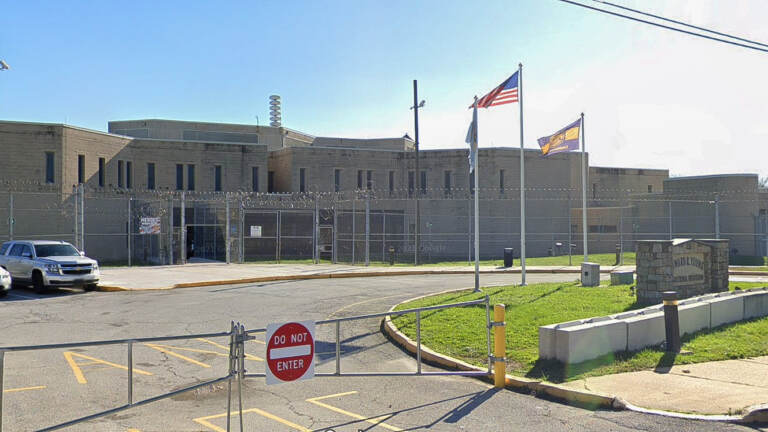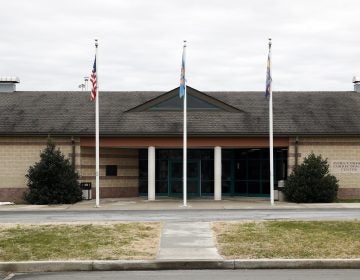Former Delaware prison health care provider to pay $15M to settle federal lawsuits
Connections Community Support Programs has agreed to pay more than $15 million to settle charges of fraud and controlled substances allegations.

Howard R. Young Correctional Institution in Wilmington, Delaware. (Google maps)
Connections Community Support Programs has agreed to pay more than $15 million to settle charges of fraud and controlled substances allegations.
CCSP provided health care services for Delaware’s prison system since 2014 and behavioral health treatment since 2012. The Department of Correction ended its contract with Connections in early 2020.
A review of the Connections’ performance in 2019 found health care behind bars was not improving. That review came amid increased scrutiny from state lawmakers and reports that health care staffers were forced to forge documents to falsely state prisoners were getting mental health treatment they never received.
The family of Luis Cabrera had also sued Connections over his 2018 death while in prison. They claimed Cabrera “died in agony” after medical staff allegedly ignored his symptoms of severe stomach pain and failed to provide adequate medical care. Cabrera died in his cell three days later of a perforated ulcer in his small intestine.
The agreement announced Thursday morning settles a pair of federal lawsuits filed against Connections, alleging the nonprofit defrauded the government by $4.5 million in false claims.
The first suit accused the company of violating the False Claims Act by “billing for mental health services that were performed by individuals whose professional qualifications did not allow them to bill Medicare or Medicaid for reimbursement.” The group was also accused of billing Medicaid for mental health services using incorrect procedure codes for the person performing the service, resulting in higher payments than were permitted.
The second lawsuit accused the company of violating the federal Controlled Substances Act by negligently failing to keep proper records of its use of controlled substances, including methadone and buprenorphine, in its treatment of patients with substance use disorders. The lawsuit also accused the company of transferring controlled substances between locations without proper documentation.
“For many years, Connections was improperly billing government programs for mental health services and failing to properly monitor and document its controlled substances inventory,” said David Weiss, U.S. Attorney for the District of Delaware. “These settlements, together with the transfer of all of Connections’ services and operations to providers, finally resolve Connections’ long history of poor legal and regulatory compliance which jeopardized the provision of important mental health and substance abuse treatment to the residents of the State of Delaware.”
The company will pay $13.7 million to resolve the charges related to improper billing and another $1.6 for failure to keep proper records of controlled substances.
“Narcotics treatments programs such as Connections were entrusted with dispensing drugs such as methadone and buprenorphine to assist people with substance use disorder. However, with that responsibility comes the obligation to properly document the use and transfer of these same drugs,” said Thomas Hodnett, Acting Special Agent in Charge of the Drug Enforcement Administration’s Philadelphia Field Division. “This civil judgement serves as notice to ensure compliance with the Controlled Substances Act and the requirements to safeguard drugs used for medication-assisted treatment.”
The federal lawsuits came after a pair of former Connection employees filed what’s called a “whistleblower’s suit.” The whistleblowers are then able to share in a portion of the judgment paid out by Connections.
Weiss’s office will continue its prosecution of alleged violations of the Controlled Substances Act committed by its former CCSP CEO Catherine Devaney McKay, and two other corporate executives, William Northey and Steven Davis, which were not part of the settlement announced Thursday morning.
Connections filed for Chapter 11 bankruptcy in April and owes its top 30 creditors nearly $30 million combined.
Last year, the Dept. of Correction ended its partnership with Connections. DOC signed a three-year deal with Centurion Health to provide health care for people incarcerated in Delaware’s prisons. That contract started just as the pandemic was picking up speed in April of 2020.

Get daily updates from WHYY News!
WHYY is your source for fact-based, in-depth journalism and information. As a nonprofit organization, we rely on financial support from readers like you. Please give today.







